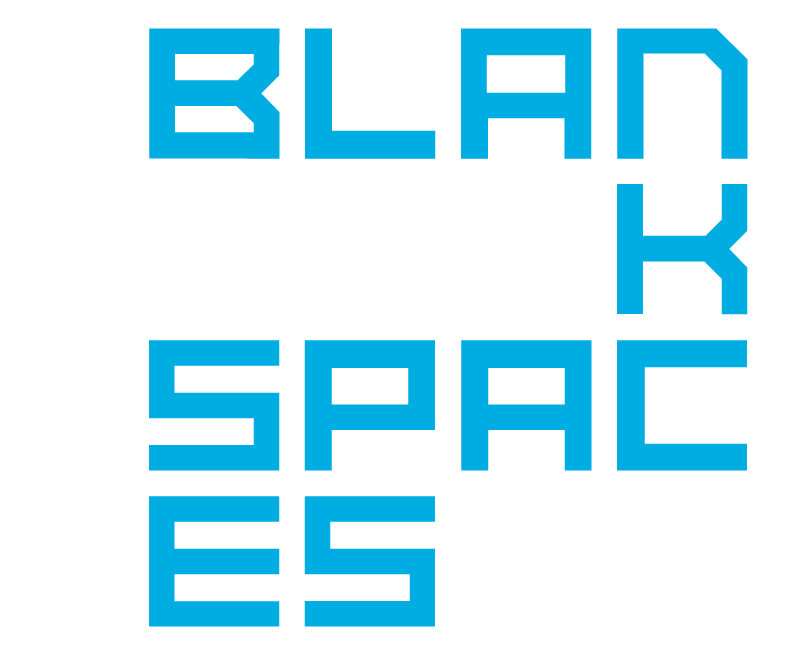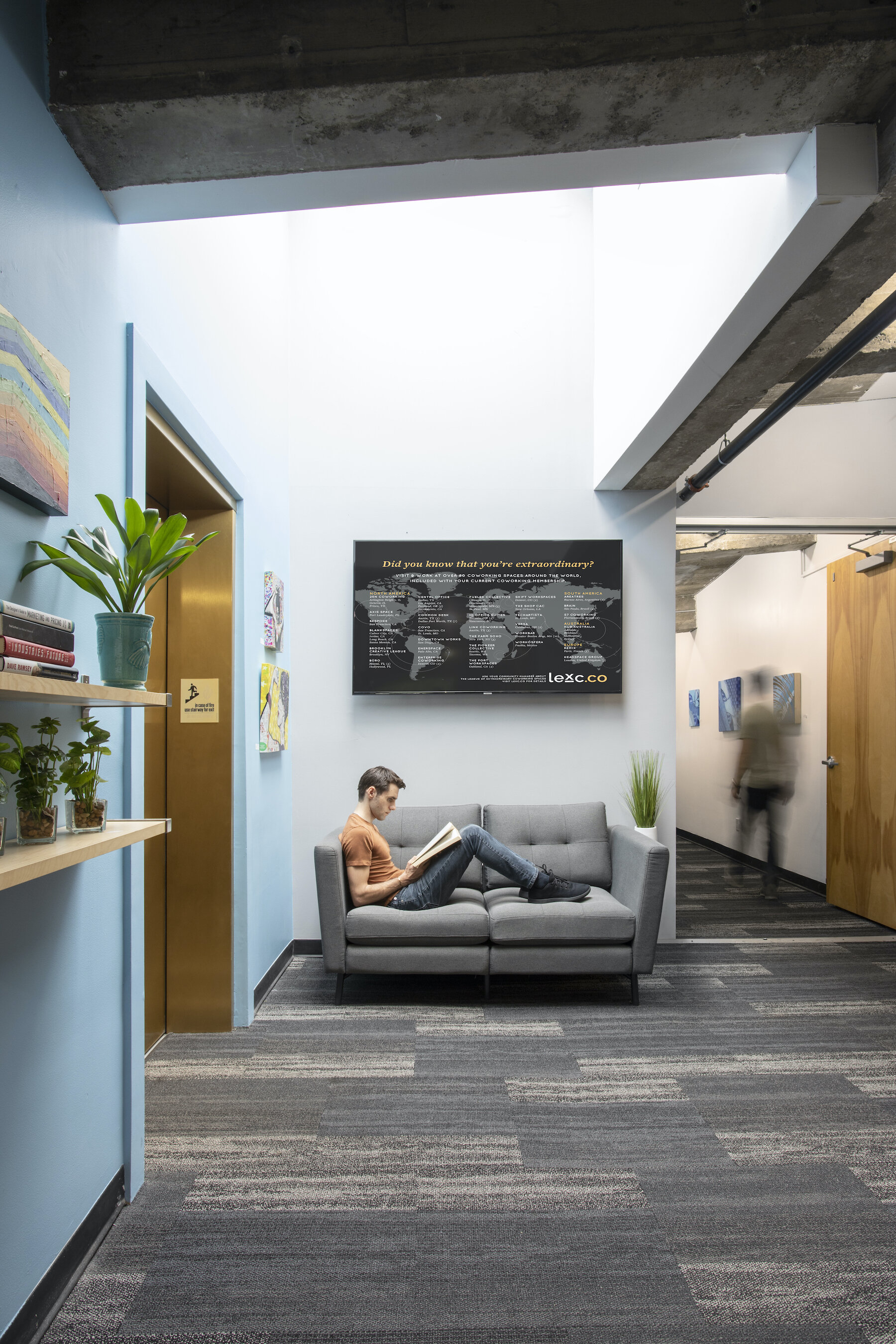Feeling Stressed? Tools to Find Your Calm at Work
Let's be real: work can be stressful. Deadlines loom, projects pile up, and sometimes just balancing it all feels overwhelming. Feeling stressed is a normal human response, but letting it run unchecked isn't great for our well-being or productivity.
The good news? There are practical ways to manage stress right here in our workspace (and beyond!). It starts with recognizing your personal stress triggers – is it back-to-back meetings? A cluttered desk? Uncertainty about a project? Once you know your triggers, you can start building your stress-management toolkit.
Tools Anyone Can Use to Cope:
- Breathe Intentionally: When you feel overwhelmed, pause. Try "Box Breathing": Inhale slowly for 4 seconds, hold for 4, exhale slowly for 4, hold for 4. Repeat a few times. Simple, effective, and can be done anywhere.
- Take Micro-Breaks: Step away from your screen! Even 5 minutes can make a difference. Stretch at your desk, grab some water, or take a quick walk outside. (Maybe a short loop around the block or towards the Long Beach waterfront?) Movement helps clear your head.
- Prioritize & Plan: Feeling swamped? Take a moment to list your tasks and prioritize. What needs to be done today? What can wait?
- Break it Down: Breaking down large projects into smaller steps can make them feel less daunting. Techniques like the Eisenhower Matrix (Urgent/Important) can help.
- Mind Your Workspace: Is your desk cluttered? A tidy space can lead to a tidier mind. Adjust your chair for better posture. If possible, position yourself to get some natural light. Small environmental tweaks matter.
- Connect (or Disconnect): Sometimes, chatting briefly with a fellow member can provide perspective or a needed mental break. Other times, you might need to signal you need focus time – use headphones or find a quieter spot. Don't be afraid to politely set boundaries.
- Manage Digital Overload: Constant pings and emails contribute to stress. Try setting specific times to check emails instead of reacting to every notification. Consider turning off non-essential alerts for focused work periods.
- Practice Mindfulness: Use simple grounding techniques if you feel anxious. Notice 5 things you can see, 4 things you can touch, 3 things you can hear, 2 things you can smell, and 1 thing you can taste. 1 Apps like Calm, Headspace, or Insight Timer offer guided meditations too.

